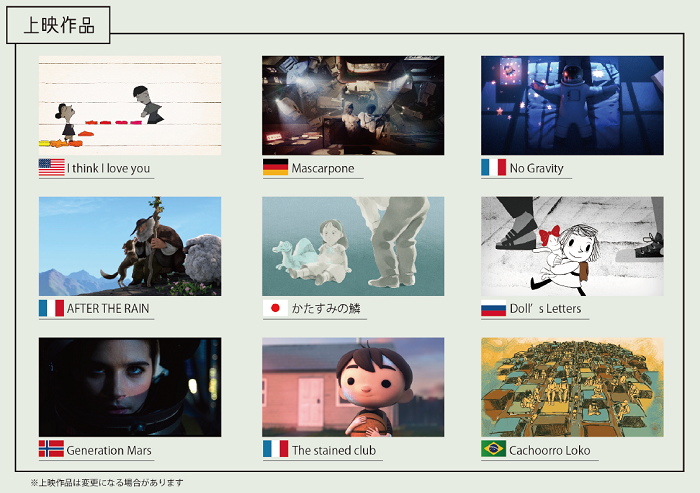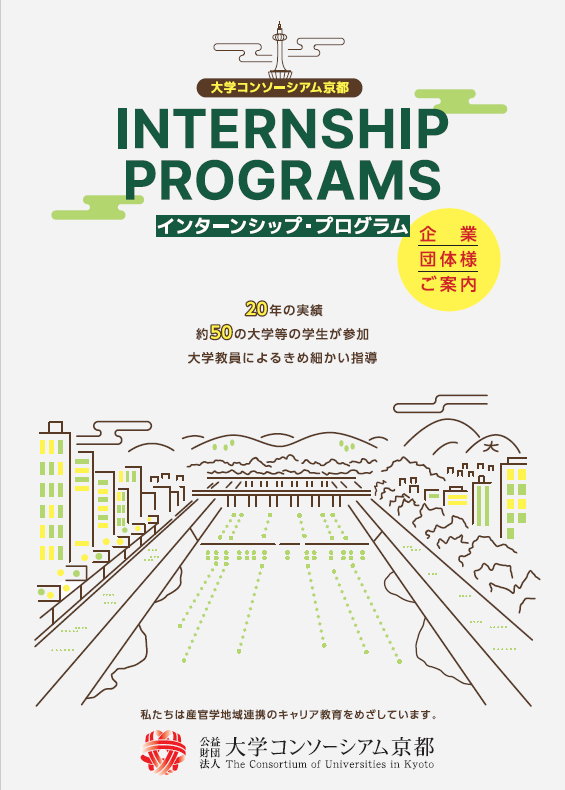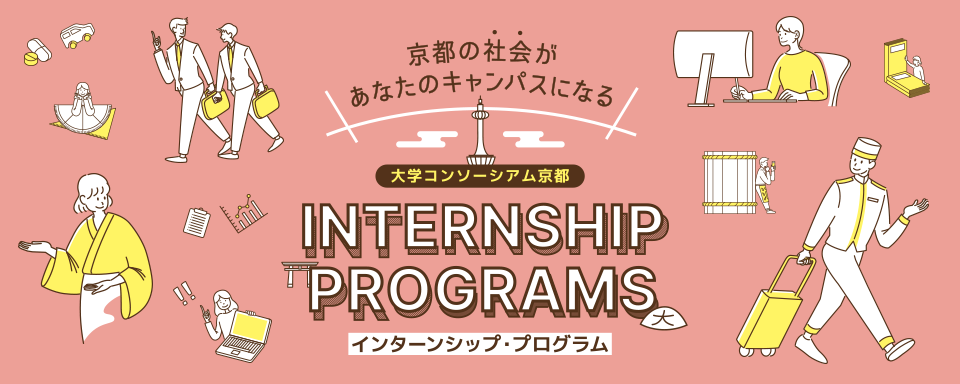From the viewpoint of preventing the spread of new coronavirus infection, we ask for your cooperation in the following points when using Campus Plaza Kyoto.
・Please wear a mask when entering the building and disinfect your hands with the disinfectant installed at the entrance.
* If you do not wear a mask, you will not be allowed to enter the building in principle.
・If you have a fever (37.5 degrees Celsius or higher or 1 degree above the normal temperature ratio), or if you have symptoms such as cough, sore throat, sluggishness, or difficulty breathing, do not enter the building.
・Please keep the seating distance between seats in the rental room at least 2m (at least 1m) as much as possible. Also, please make sure that people do not stay before or after the usage time.
・Bring a handkerchief or hand towel, and wipe your hands thoroughly after using the restroom.
・Please refrain from talking in the elevator or in the lobby in front of the elevator. You can also use the stairs.
・(Request to the organizer of the event)
When using this service, please take the necessary infection prevention measures based on Kyoto Prefecture’s “How to restrict the holding of events after December“. If you are planning to hold an event that involves nationwide travel, please consult with the Kyoto Prefectural Consultation Desk in advance. Also, please know the names and contact information of the participants just in case.
* Information may be provided as necessary and provided to public institutions such as public health centers.
Please also check the following.
・To everyone who uses Campus Plaza Kyoto (request) Updated on November 26
・Restrictions on holding events after September 19
・ How to restrict the holding of events after December
・Basic infection prevention measures at the time of the event
・Prior consultation with Kyoto Prefecture when holding large-scale events (Kyoto Prefecture website)





















